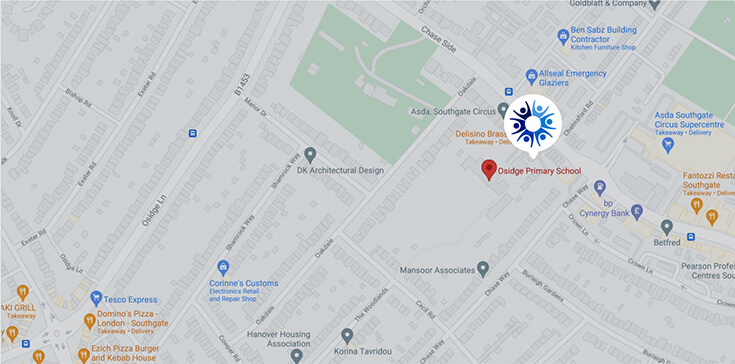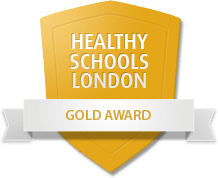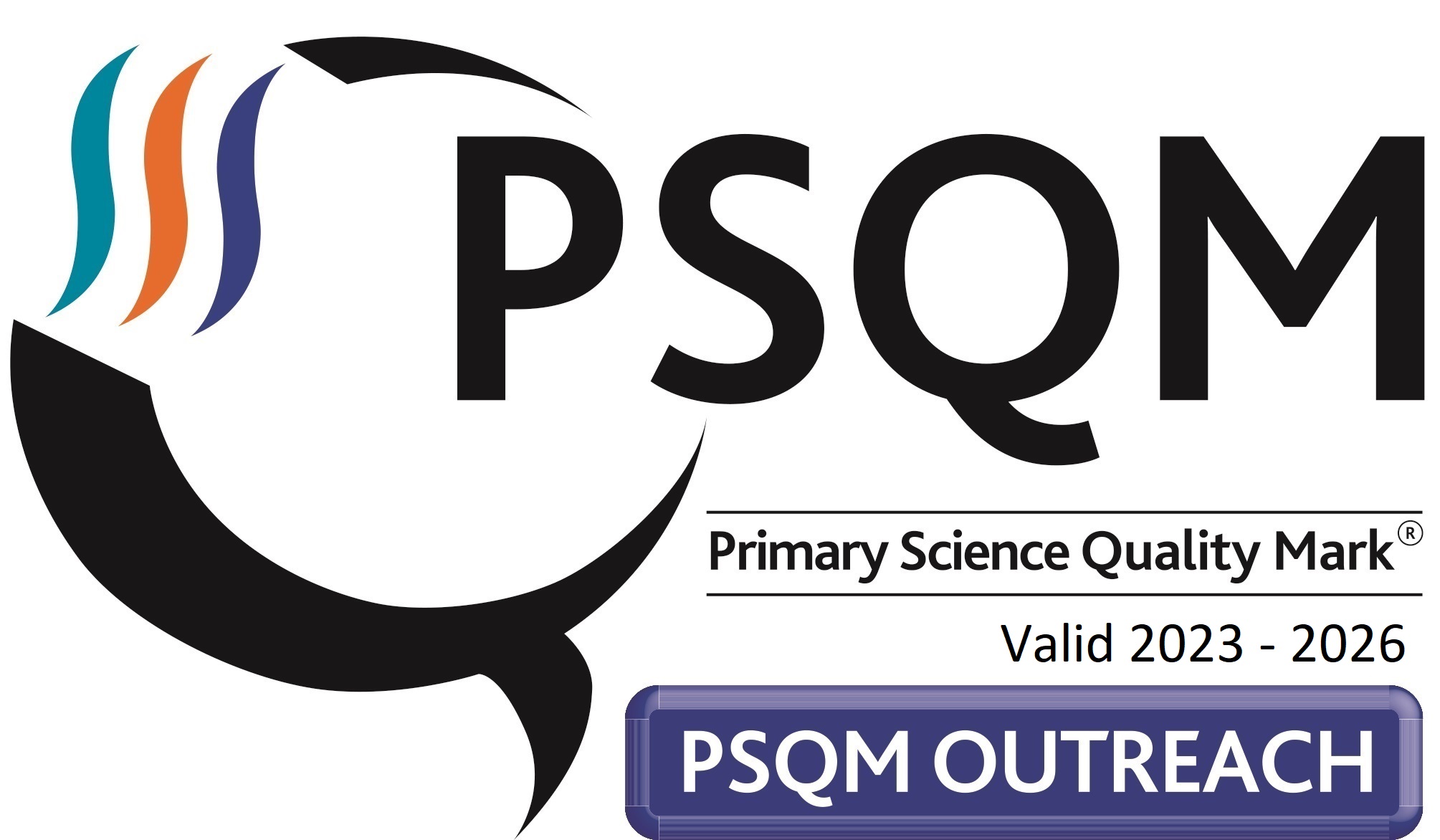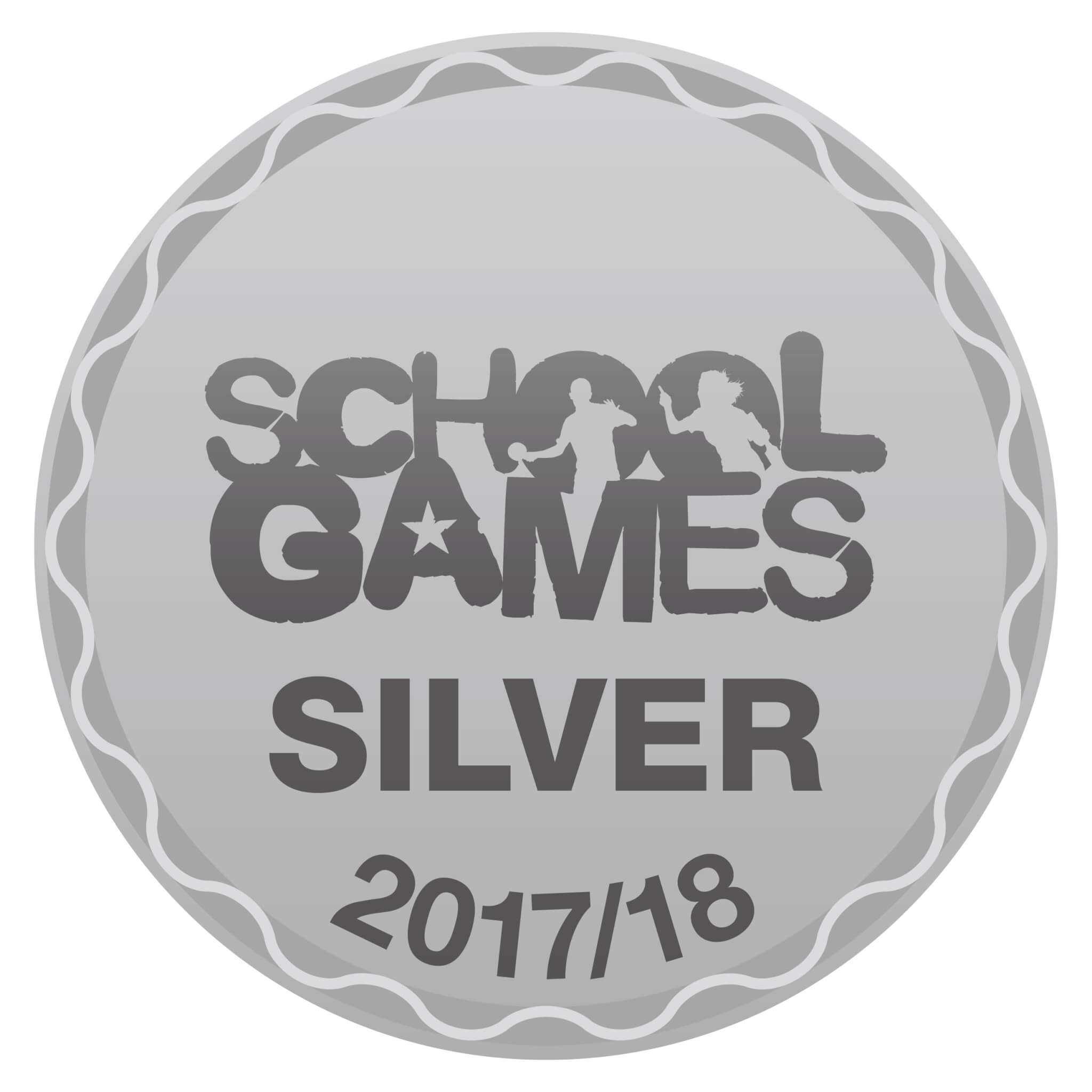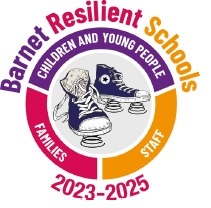Values Education
We aim for all children to leave Osidge well prepared for secondary school, the next stage in their education and for life. The values of democracy, rule of law, individual liberty, mutual respect and tolerance of different faiths and beliefs are embedded within our curriculum. These values are particularly linked to our school values of care, respect, responsibility, honesty, determination and appreciation.
Our school values are promoted through all areas of school life; they are modelled by staff and reflected in displays throughout the school. The school’s reward system is based on the promotion of these values, praising children when they demonstrate one of the values through their approach to learning, behaviour around school and how they treat members of the school community and wider community. Children have Tea with the HeadTEAcher, where they have the opportunity to discuss their views on the school, including what they like and their ideas for change. Pupils also learn about the values through assemblies, class PSHE lessons, Circle Time and RE sessions.
At Osidge we promote the development of self-confidence, self-worth and a sense of identity. We give pupils lots of opportunities to reflect on and discuss different lifestyles and facets of identity, as well as encouraging them to ask questions, to challenge inappropriate and harmful ideologies, and to stand up for what they believe is right. Children are actively encouraged to make choices knowing they are in a safe and supportive environment.
Children have the opportunity to be involved in the importance of law when they first join Osidge by agreeing and establishing their class rules and understanding the importance of following the rules.
Challenging Discrimination
As a school that serves a richly diverse community, we take our responsibility to promote community cohesion, and generate a respect for difference and individual rights seriously. We try hard to enable pupils to recognise the valuable role that they play as emerging citizens in British society. We aim to ensure that no one is unfairly or illegally disadvantaged as a consequence of their age, disability, gender, gender identity, sexual orientation, race, ethnic or national origin, disability or religious beliefs.
We plan assemblies and lessons to teach the children about the school values, respecting similarities and differences, tackling stereotypes and discrimination and understanding why some people discriminate. We aim to empower children to have a voice and to stand up against discrimination, valuing equality, tolerance and mutual respect.
Assemblies cover many topics and link to our values. Recent assemblies have focused on World War 2, Remembrance Sunday, Mental Health Awareness, religious festivals, anti-bullying, online safety, Black History. We have parents visit to talk about their work which develops cultural capital and break down stereotypes.
Children take part in various lessons, discussions and workshops around families and what makes each family special and unique. Stories are shared about the diversity of families, with a view to ensuring that all of our children feel acknowledged and valued, regardless of their circumstances or family set-up. We aim to encourage children to challenge existing perceptions about what a family ‘ought’ to be.
Pupil Voice
The Osidge Times, our school newspaper, is written by children from Year 5 and Year 6 with support from members of staff. The children make decisions about the content of the newspaper and the style of reporting they use. They ensure the newspaper is accessible to their entire readership (children and adults) and that it is a true representation of the school.
Class Councils meet half termly and the class representative reports termly to the School Council. The School Council was involved in the redevelopment of the school logo and the school playground.
When there is a General Election or other elections, we use this opportunity to further the children’s understanding of the democratic process. We plan mock political elections and debates to coincide with elections and arrange for some children to meet the local elected representatives.
